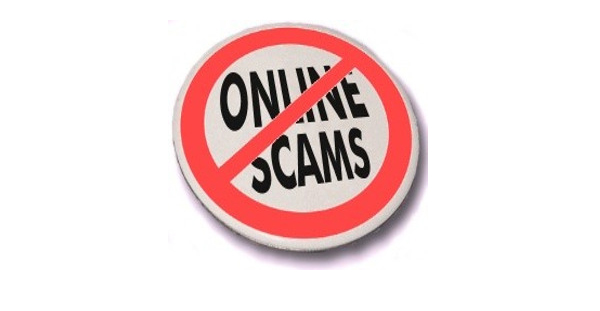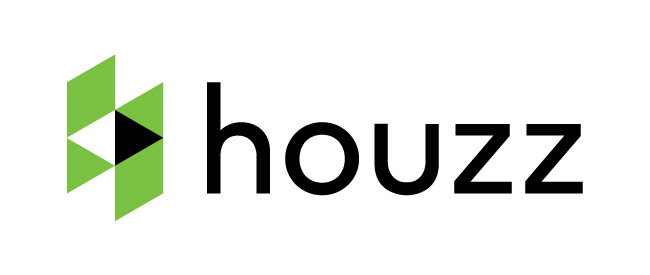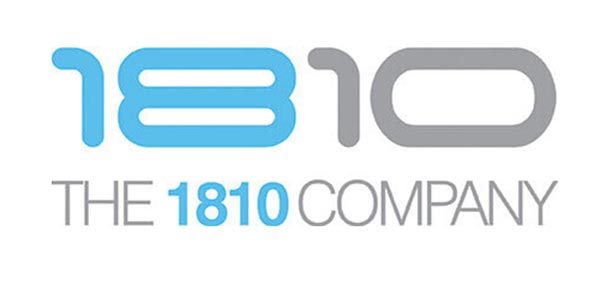Its not surprising that the likes of discounts/coupon site Groupon, eBay or Music Magpie which offers cash for your old CD’s and DVD’s are popular in our current times of austerity, as we hunt for bargains and make the most of our unwanted goods, but the darker side to online shopping (namely fraud and scams) are costing UK shoppers a whopping £1.4bn a year, and rising.
Risks not limited to buying a lemon
In the days before the good old internet it was the case that if you bought a lemon, be it a car, a new kitchen, electrical goods and the like, if the good didn’t arrive, or they did in the form of the proverbial lemon, then you would lose the money you spent on the too good to be true bargain aka lemon, but now with online shopping, you risk a lot more, from having your bank account cleaned out and you cleaned out of house and home, not to mention identity theft and then even other frauds committed in your name.
There is no denying that online shopping is a brilliant thing but it does carry risks and its sad to see that in the face of hunting for a bargain, which 99% of the time is too good to be true, that cheapness wins out on people get sucked into a scam.
If it’s too good to be true, IT BLOODY WELL IS FOOL
One big scam at the moment is in respect of household appliances and goods like washing machines, Smart TV’s, Ovens, Dishwashers, Fridge/Freezers and cameras. The con preys on the fact that a lot of consumer electronics are manufactured in China, even Apple’s manufacturing base is there, and as we have seen with a fake Apple shop in Chine, the market for fakes isn’t limited to online shopping.
But the overriding principle should be that if a product, in high demand, such as a £400 iPhone 4GS, or a £500 Samsung Smart TV, which may well be made in China and is being offered (allegedly brand new) for 40-50% of the retail price then surely you should think to yourself, if the likes of Currys, or Play.com or even eBay (where you get some buyer protection) cant match those prices, how is it that Easy-Electronics.com can? Especially when Easy-Electronics.com has no office, no telephone number, poor grammar on the website and lack of registered company or physical address. They clearly didn’t get the huge discount because of their buying power did they? Yet people still fall for scams and are literally giving away £1.4bn a year.
Buying UK v Abroad
If you are buying from a UK website, with a UK office address, and UK telephone number and importantly, a UK registered company number, than if you get ripped of, mis-sold to, the goods don’t arrive or you are party to a scam, chances are, you have some recourse.
If you buy goods from a non UK website you have zero chance of getting your money back if you use a debit card and even if you use a credit card, the consumer protection laws don’t automatically apply if the card company can (with reason) argue you have been negligent with your credit card and bought goods from a website that was, on balance, a website from which a scam would take place.
China does indeed have a large manufacturing base but don’t try and deal direct with Chinese companies. Let a UK business take the risk, assess the quality of the goods, import them and then sell them, at which point you are dealing with a UK business if things go wrong.
HOW TO BEAT THE CROOKS
- If a seller has misrepresented the goods you have bought, report it to Action Fraud by phoning 0300 123 2040 or visiting action fraud.police.uk
- If its a scam, call the police, report the suspected fraud and get a crime reference number.
- Keep all evidence of the offence, including goods and any correspondence.
- If there is a business dispute over the nature of the transaction, contact the website involved. Or you can alert Action Fraud on the number/website above.
- IF you bought online from China, kiss your money goodbye and learn from your mistake







